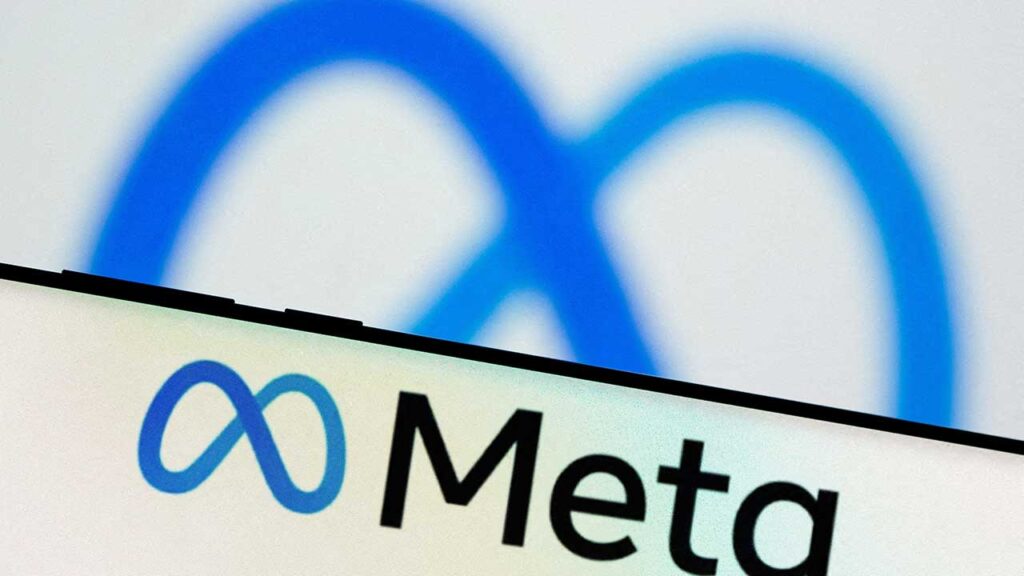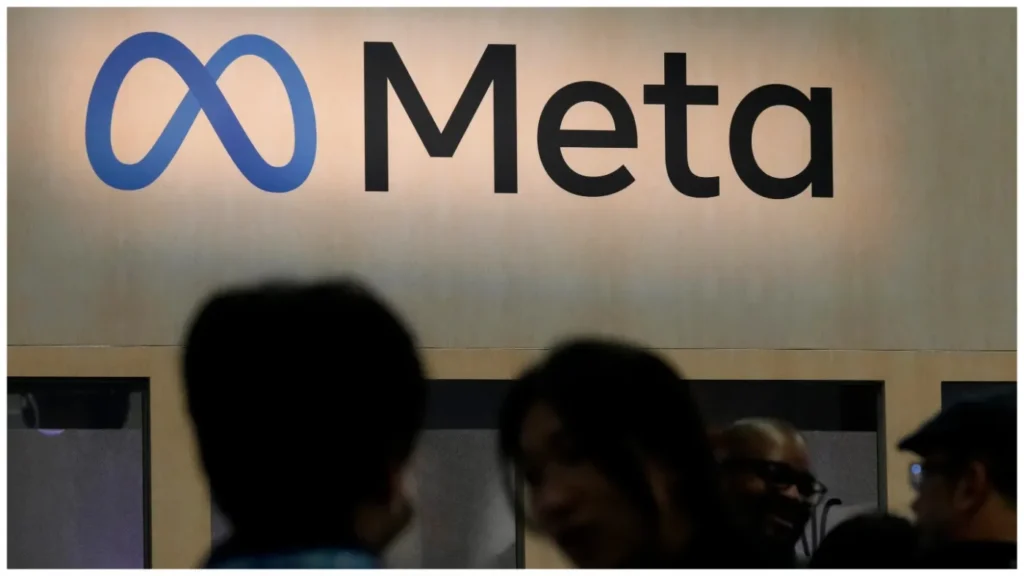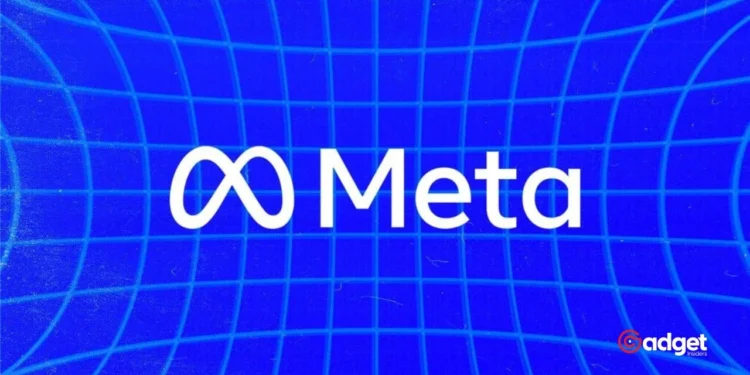In a significant revelation at Bloomberg’s Tech Summit, Meta’s Chief Product Officer, Chris Cox, disclosed the company’s strategy to leverage publicly available Instagram and Facebook content to enhance its AI capabilities. Amidst the fierce competition for valuable AI training data among Big Tech companies, Meta stands out by tapping into a vast reservoir of public images and texts from its popular social platforms.

Meta’s Public Data Utilization Strategy
According to Chris Cox, Meta strictly uses public data to train its cutting-edge AI text-to-image generator, Emu. “We don’t train on private stuff, we don’t train on stuff that people share with their friends, we do train on things that are public,” Cox emphasized at the summit.
This approach allows the company to develop AI models without breaching user privacy, focusing instead on content that users have chosen to share publicly.

The Power of Public Content in AI Training
The public nature of the data utilized ensures that the company’s AI models are both powerful and ethical in their data usage. By harnessing images and texts that reflect a broad spectrum of human expression—from art and fashion to culture and everyday moments—Meta’s AI can generate high-quality, diverse visual content.
Cox highlighted the impressive capabilities of the Emu model, which produces “really amazing quality images” thanks to the abundance of diverse content available through Instagram.

Meta’s Competitive Edge in AI Development
Meta’s strategy provides a unique advantage over competitors scrambling to gather sufficient AI training data. With millions of public photos at its disposal, the company can continuously refine its AI models, ensuring they remain at the forefront of technology.
Furthermore, the company has explored additional avenues to enrich its training datasets, including strategic partnerships and potential acquisitions, such as the reported consideration to acquire publisher Simon & Schuster.
Legal and Ethical Considerations
The practice of using public data for AI training is not without its challenges, particularly in the realm of copyright laws. The US Copyright Office has been engaged in efforts to adapt its regulations to better accommodate the realities of AI technology and data usage. These updates are crucial in maintaining a balance between innovation and copyright protection.
Looking Ahead
As AI technology continues to evolve, the strategies employed by companies like Meta in data collection and training will significantly influence the landscape of digital content creation. By prioritizing publicly shared content, Meta not only adheres to ethical standards but also sets a precedent for how Big Tech can responsibly harness the power of AI.
With ongoing discussions and potential legal reforms, the industry’s approach to data usage in AI development remains a pivotal area of watch.










